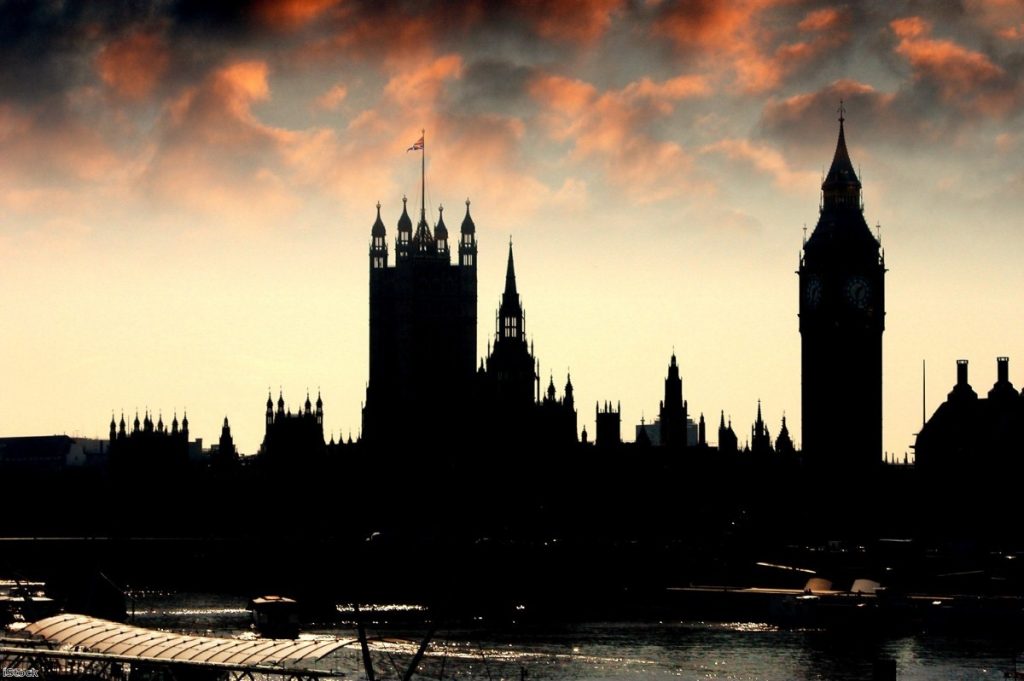By Nancy Platts
"It is a democratic necessity to abolish the unelected and outdated House of Lords and replace it with an elected second chamber."
Those were welcome words from Jeremy Corbyn on Wednesday.
Labour’s 2017 manifesto pledged to "reduce the size of the current House of Lords" as a stepping stone towards the "fundamental belief" in a fully-elected second chamber – a senate for the UK.


The problems with the House of Lords as it currently exists can hardly be understated.
Perhaps most glaring of these is the sheer size of its membership. That now stands at 793 after last weekend – or 818 if currently ineligible peers are included (a not unreasonable prospect given many could come back from 'leaves of absence').
This makes it the second largest legislative chamber in the world, behind China's National People's Congress.
With peers able to claim a £305 daily allowance, the drain on the public purse is substantial. The latest appointments alone could have just added £1,079,000 to the overall annual bill, based on the average cost of a peer at £83,000 per year – an official figure given in response to a parliamentary question last year.
The voting public, who are constantly told that basic services must be reduced because of austerity, will struggle to understand how payments to peers can possibly be a greater priority.
The Electoral Reform Society has projected that at its current pace of growth – using growth rates based on membership data since 1999 – there could be more than 1,000 members in little over a decade.
Recent analysis has also illustrated just how poorly the second chamber reflects the political makeup of the United Kingdom.
For the proportion of Lords aligned to each party to match their vote share from the 2017 general election, a total of 768 more peers would have to be appointed, given that they cannot be forced to resign.
The case for immediate reform could not be clearer – and the opportunity is here.
With Labour putting forward a principled case for change – and the Conservatives more cynically in favour of an overhaul after a string of defeats – there is an opening for cross-party talks on electing a second chamber that is accountable and transparent.
Voters across the spectrum are tired of unelected people claiming to speak on their behalf. Lords reform would be a real signal that Labour is serious about closing that divide.
And since windows for reforming the second chamber don’t come around too often – now is the time to kick-start a real debate.
It would also clearly place the Labour party as the driving political force behind the most progressive shake-up of Westminster's broken system in decades.
There is a clear principled case for House of Lords reform – and it has the support of the majority. It's time for Labour to lead the charge.
Nancy Platts is co-ordinator of Politics for the Many and former trade union adviser to Jeremy Corbyn.
The opinions in politics.co.uk's Comment and Analysis section are those of the author and are no reflection of the views of the website or its owners.









